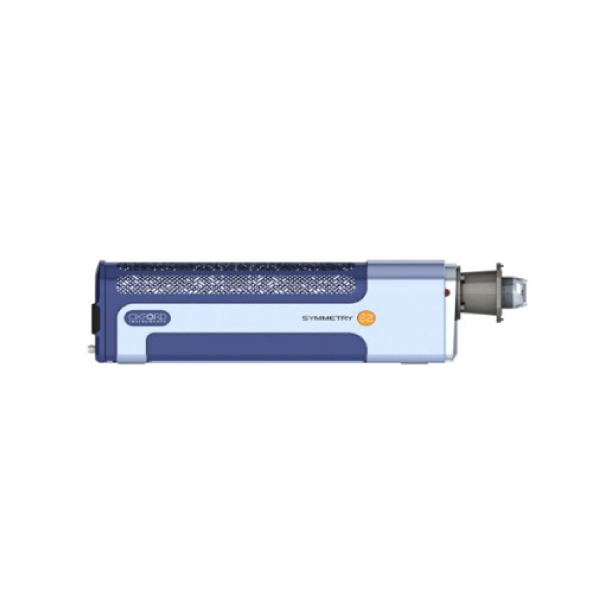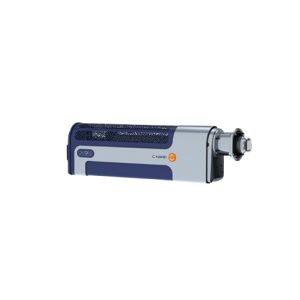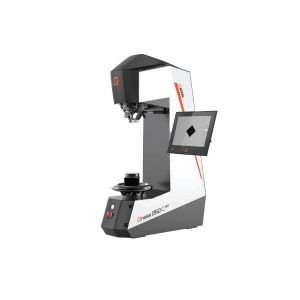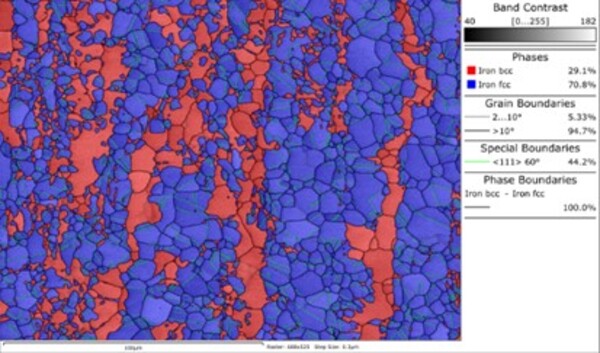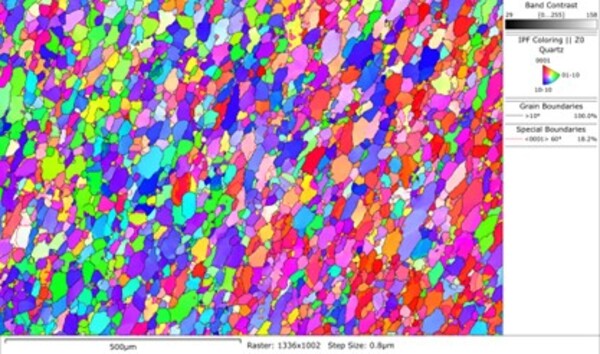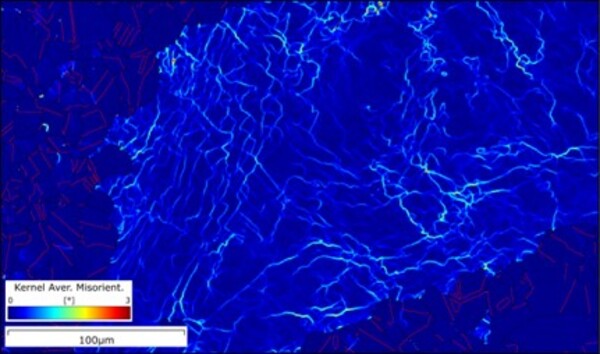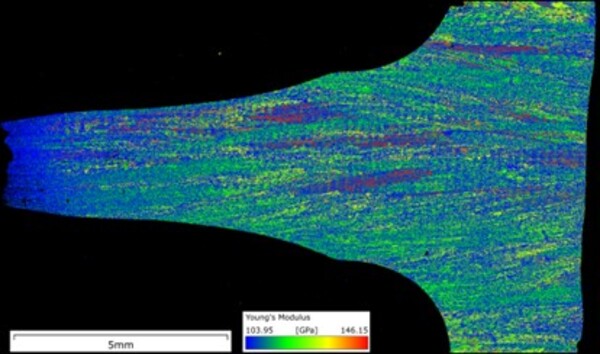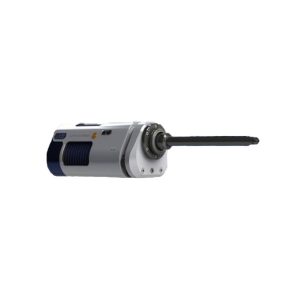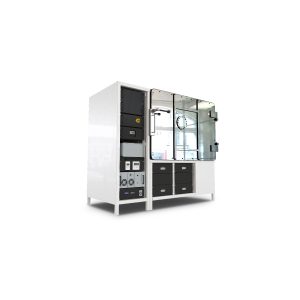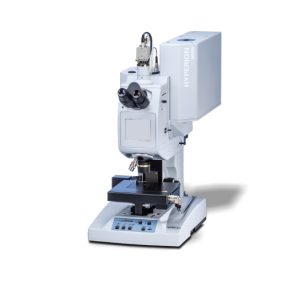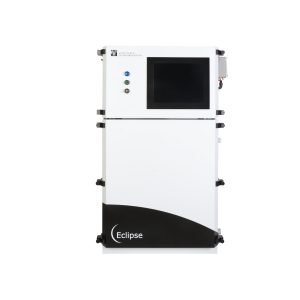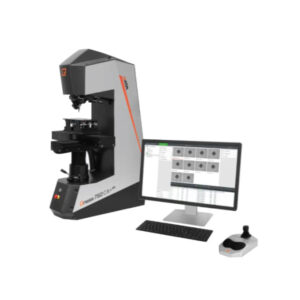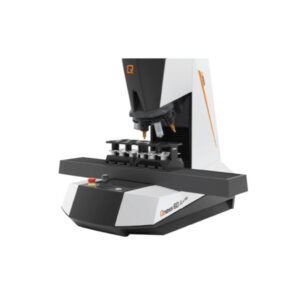The Oxford Symmetry S2 EBSD Detector is a revolutionary all-in-one solution for advanced materials characterization. Based on the groundbreaking Symmetry detector, it is the world’s first EBSD detector to utilize advanced CMOS technology. This detector combines exceptional performance with ease of use and a range of innovative design features, making it ideal for a wide range of EBSD applications.
Features of the Oxford Symmetry S2 EBSD Detector
Guaranteed Indexing Speeds
- Achieves speeds greater than 4500 patterns per second (pps), ensuring rapid data collection.
Unrivalled Sensitivity
- The fibre-optic lens delivers exceptional sensitivity, with the highest sensitivity exceeding 800 pps/nA.
High-Resolution Patterns
- Offers a 156 x 88 pixel resolution at maximum speed and full megapixel resolution (1244 x 1024) patterns, ideal for detailed analyses.
HR-EBSD Strain Analyses
- Perfect for high angular resolution (HR)-EBSD strain analyses, with sub-pixel distortion ensuring an angular precision below 0.05°.
Software Controlled Tilting
- The interface, coupled with autocalibration, ensures perfect positioning and indexing for all sample sizes and geometries.
Unique Proximity Sensor
- Detects potential collisions before they happen and automatically moves the detector to a safe position.
Integrated Forescatter Detectors
- Optional five integrated forescatter detectors provide full-color complementary channelling contrast and atomic number contrast images.
Bellows SEM Interface
- Maintains the microscope’s vacuum integrity, ensuring reliable performance.
User-Friendly Design
- Simple and intuitive detector settings ensure optimum results every time.
The Oxford Symmetry S2 EBSD Detector offers unparalleled performance and user-friendly operation for comprehensive materials analysis. Its advanced CMOS technology, combined with innovative design features, ensures precise and reliable results. This makes it an essential tool for researchers and professionals in materials science and engineering.
Applications
- Routine analysis of standard metal and alloy samples
- In-depth examination of strain and deformation
- Effective characterization of complex or beam sensitive samples
- Optimised measurement of large samples
- Transmission Kikuchi Diffraction (TKD) analysis of nanocrystalline materials

